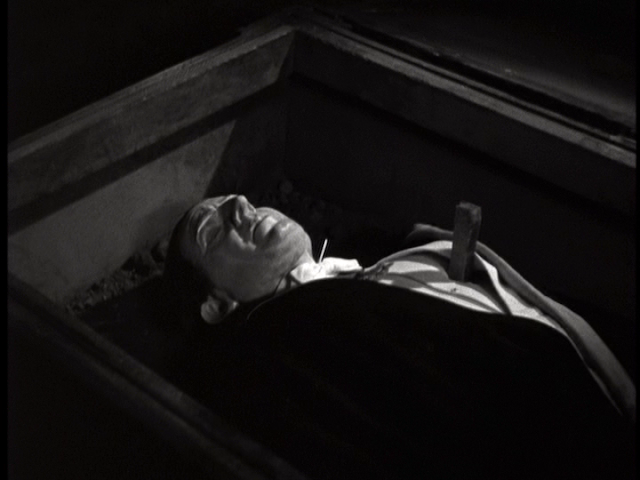Ardab Mutiyaran (2019) is a movie that feels like it was created around a main character, with everything else hastily assembled afterwards. And sometimes that's enough. Sometimes one strong performance is enough to make a movie. Sometimes, not so much.
Vicky Ahuja (Ninja) works in the collections department for a small finance company. Really, he is the collections department, and he's pretty bad at it; he hasn't collected anything yet, much to the disgust of Shruti (Mehreen Pirzada), who is the head of the loan department, the perpetual employee of the month, and the boss's daughter.
After failing to collect yet another debt, Vicky spots Babbu Bains (Sonam Bajwa) berating a group of catcallers on the street, using a baseball bat to emphasize her point. That same day Babbu comes into the finance company to apply for a job. Shruti isn't impressed and criticizes her lack of education. Babbu gives as good as she gets, but as she's leaving Vicky offers her a job in collections.
It turns out that Babbu is really good at collections. She's clever, headstrong, fearless, and still charming, and soon the collections department is doing so well that suddenly Vicky and Babbu are the employees of the month. Shruti is so0 annoyed that she sends Babbu to collect a car belonging to the Bansal family, excellent clients who always pay their bills promptly. Babbu does her job, collects the car, and when she's forced to apologize for taking a car that was fully paid for, she meets the youngest (and handsomest) Bansal brother, Rinku (Ajay Sarkaria.)
Babbu and Rinku quickly fall in love, and soon they're talking about marriage. There's a problem, though; Rinku and his brothers live together in a joint family, and while his brothers are enthusiastic about a new member of the household, his shallow and fashion obsessed sisters in law will take some convincing, especially after they realize that Babbu is the woman who got into an argument with them earlier about parking. The young couple make it through the wedding, but after that it's war between the ladies.
Meanwhile, Vicky's father (B. N. Sharma) is looking for a bride for his son, and he wants it to be an arranged marriage; Ahuja Senior married for love, and he has been waiting on his wife (Upasana Singh) hand and foot ever since. He explains the situation to his spiritual leader (Diliwar Sidhu), and the mother of an eligible girl suggests a match. The match is fixed without consulting the young people at all,which is a problem because the bride in question is Shruti. Shruti and Vicky can't stand one another, but both parents are so insistent that they agree, though they are secretly planning to annul the marriage after forty five days.
So, two couples, and two sets of problems. Obviously Vicky and Shruti aren't going to get divorced, so they're going to have to fall in love and restore harmony in the Ahuja household, and Babbu needs to overcome her cruel sisters in law.
And so she does. That's the problem with the movie - Babbu is great, but she's such a strong personality that she can't be intimidated easily, and her sisters in law have absolutely no leverage. There is the requisite separation, but it's resolved pretty quickly, and Babbu makes a speech to reunite the family. There's some sadness in the middle of the conflict, but no real suspense. Babbu's got this.
As for Vicky and Shruti? Babbu's got that, too. Yeah, Vicky and Shruti warm up to one another pretty quickly when in close proximity, and he eventually wins her love by doing the dishes, but he is so conflict averse that he's never going to tell her how he feels, and so Shruti has no idea how he feels and is going to end the marriage because she thinks that's what Vicky wants. Luckily Babbu is there to fix everything.
I do like Babbu as a character, and Sonam Bajwa gives a great performance, completely running away with the movie. That's the problem. She needs to be surrounded by stronger characters, and she's just not. There's no challenge.
.png)
.png)
.png)
.png)
.png)
.png)
.png)
.png)
.png)
.png)
.png)
.png)
.png)
.png)
.png)
.png)
.png)
.png)
.png)
.png)
.png)
.png)
.png)
.png)
.png)
.png)







.png)
.png)
.png)
.png)
.png)
.png)
.png)
.png)
.png)
.png)
.png)
.png)
.png)
.png)